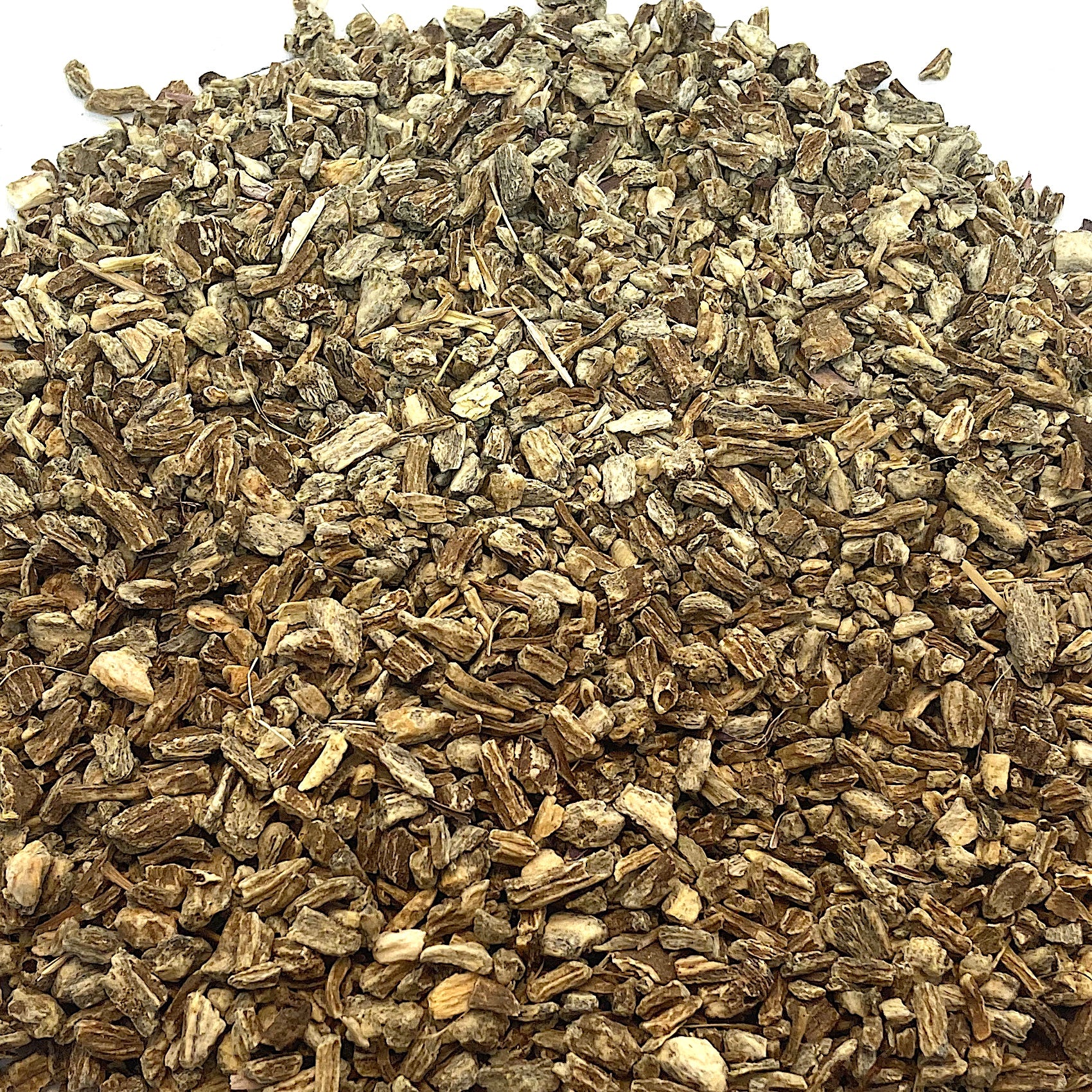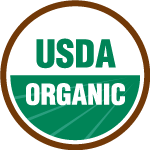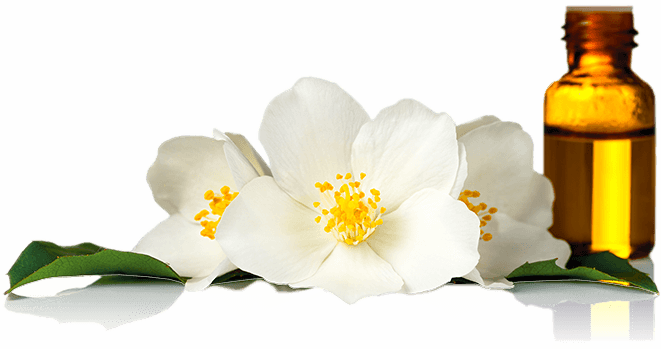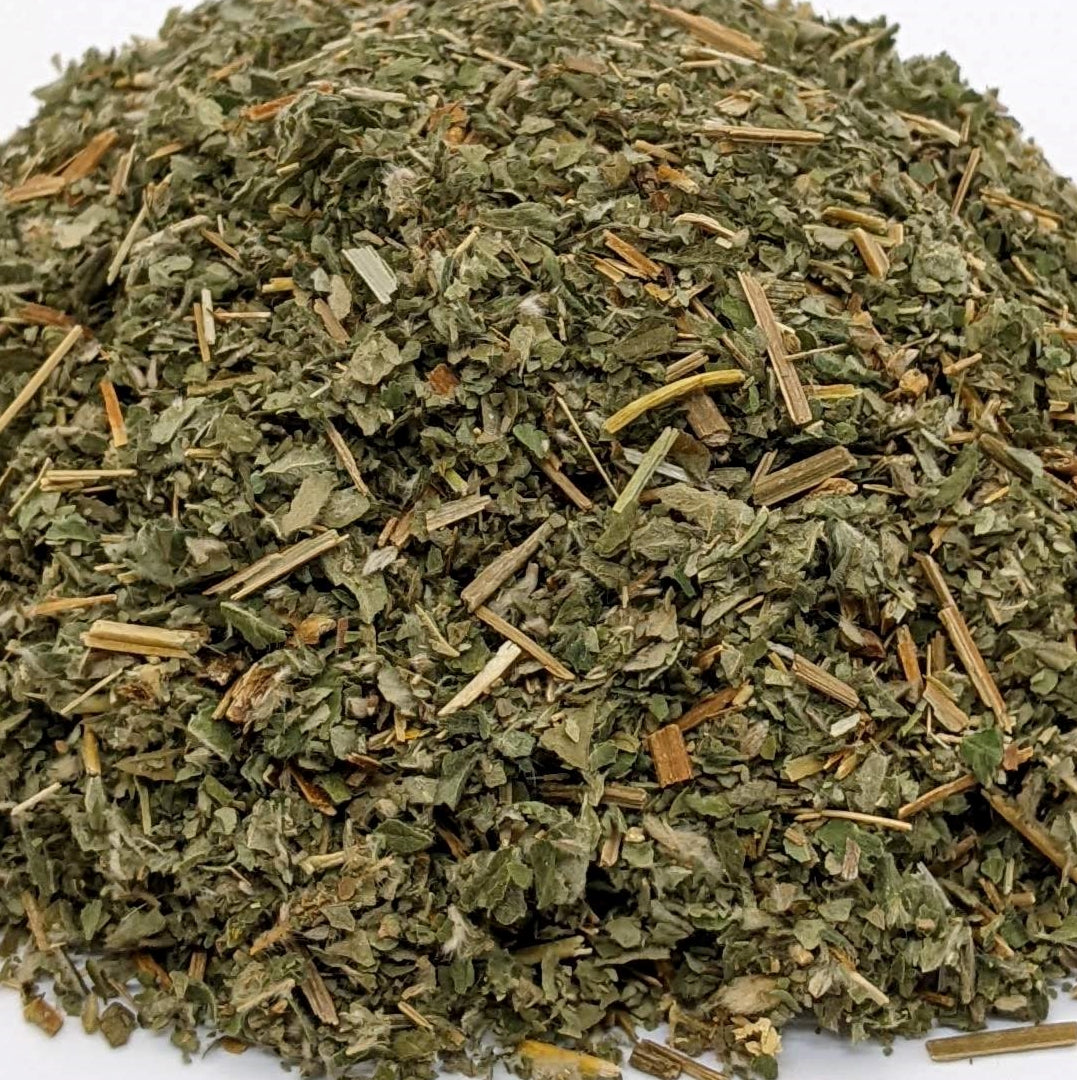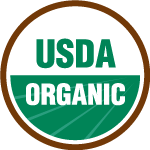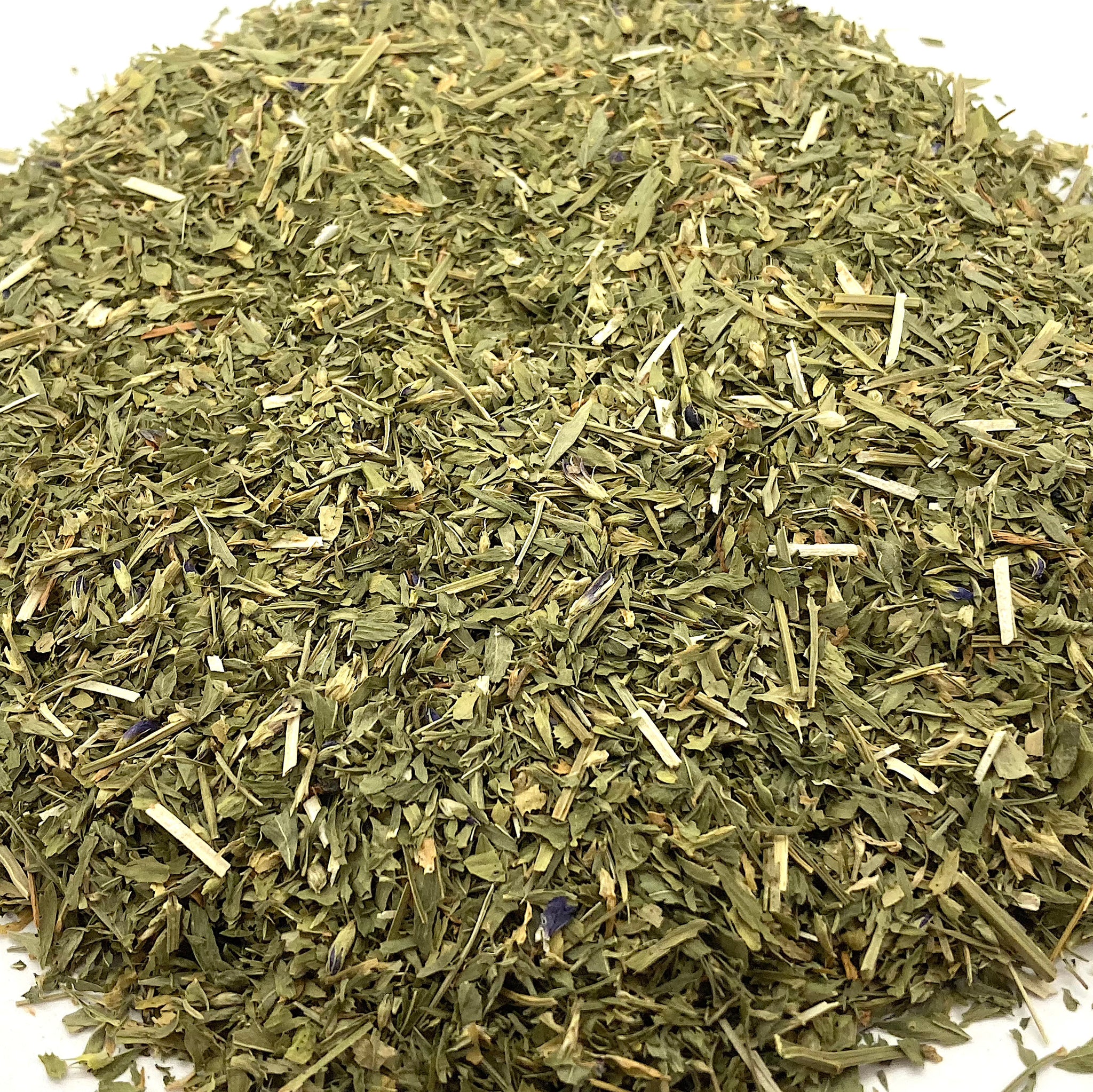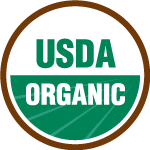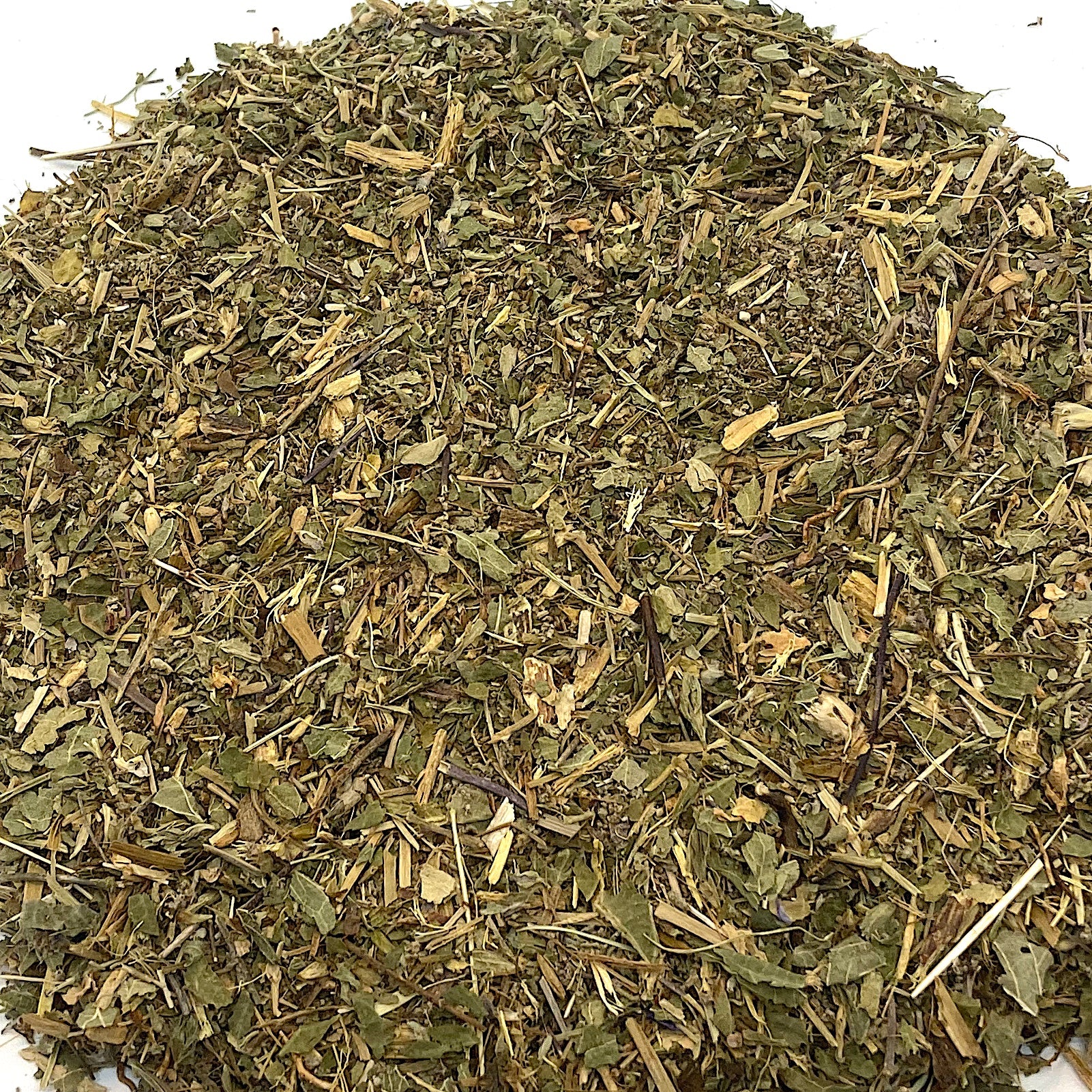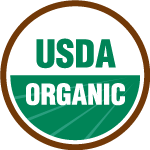Description
USA. Echinacea (Echinacea angustifolia) Root, Cut and Sifted, Certified Organic.
Common names: Coneflower, Purple Coneflower, Kansas Snakeroot, Narrow-leaf Echinacea, Black Sampson, Rudbeckia
Family: Asteraceae (Daisy)
Echinacea angustifolia is a perennial flowering herb growing around one to two feet tall, native to parts of southern Canada and the central US states, from the Midwest out to Arizona and Louisiana, mainly in rocky, barren places and dry prairies.
It is one of nine related species; the other two that have been used extensively for healing are E. purpurea and E. pallida. E. angustifolia has often been confused or lumped together with E. purpurea, and both have been used and studied mainly for treating infections and stimulating immunity; their components and properties are similar but not identical. Some herbalists hold E. angustifolia to be the more potent of the two, although E. purpurea, larger and easier to cultivate, has been the subject of more research.
Native Americans used it for colds, coughs, bronchitis, etc. and for snakebites, skin infections, wounds, toothaches and oral inflammations, and other painful conditions. It was frequently prescribed by the US Eclectic herbal doctors in the late 19th and early 20th century. It is respected as a blood purifier, helping to clear toxins from the body, and relieving allergies.
Echinacea is best known for treating and preventing colds and coughs. It is most effective as an immune stimulant when taken at the earliest signs of infection, shortening and decreasing the severity of illness, it's also antimicrobial, anti-fungal, and anti-inflammatory.
A great deal of research exists supporting the traditional use of Echinacea for upper respiratory illness. The chemical structures of the alkamides in E. angustifolia roots resemble anandamide, suggesting that Echinacea’s immune-stimulating action (possibly some of its pain relieving properties as well?) may be due in part to its effects on cannabinoid receptors.
Grown in Washington State, USA.
*These statements have not been evaluated by the FDA. These products are not intended to diagnose, treat, cure or prevent any disease.

